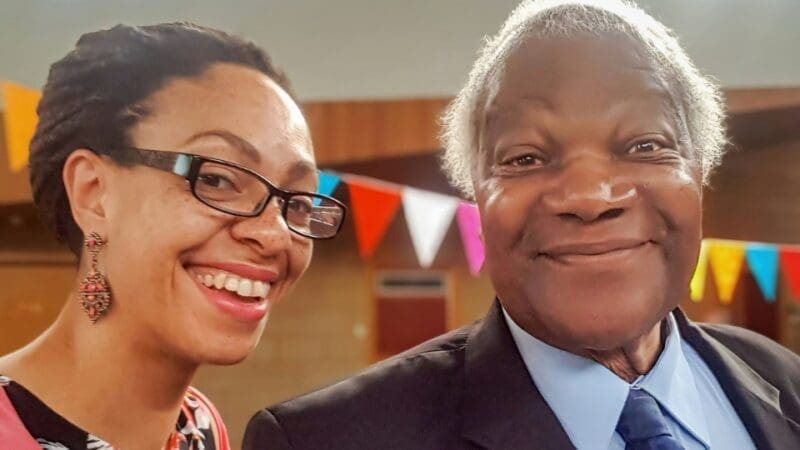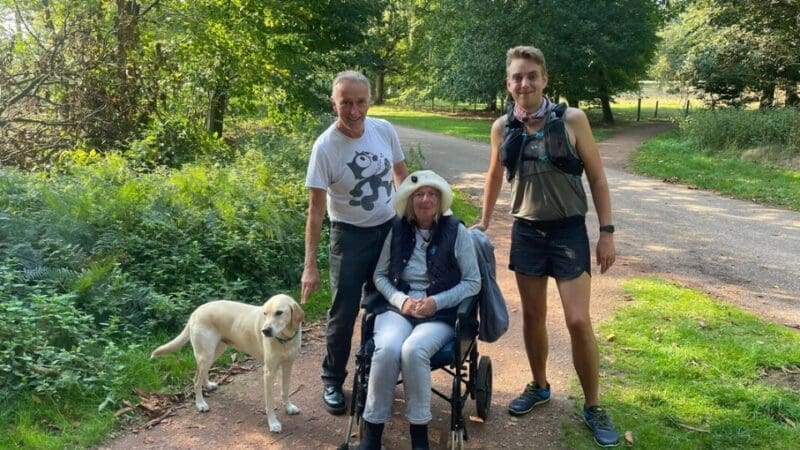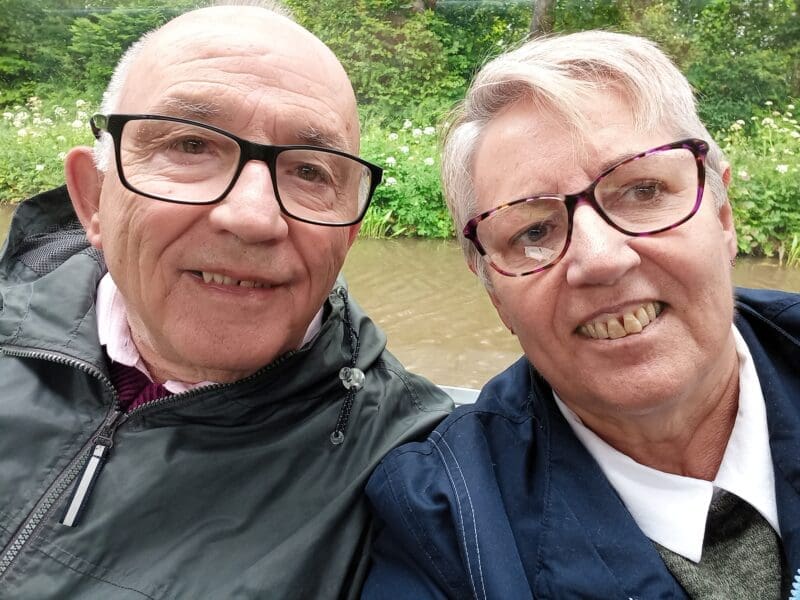Cancer has lots of different symptoms which depend on the type and stage.
If you have any symptoms of cancer, see your GP as soon as possible. In most cases, it will not be cancer, but it’s important to be checked.
The GP should ask questions about your symptoms and examine you. They may arrange tests like blood tests and scans.
If the GP thinks your symptoms could be caused by cancer, or your test results show that you may have cancer, they will refer you to a specialist doctor. This could be:
- a surgeon, who does operations, and/or
- an oncologist, who treats cancer with radiotherapy and chemotherapy
You might also be referred to a specialist nurse for support.



